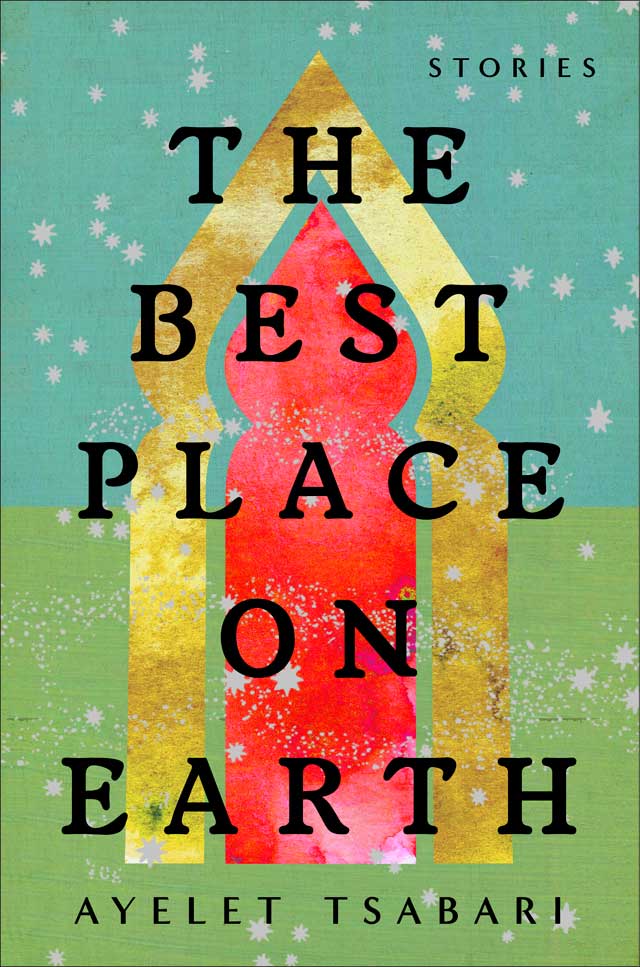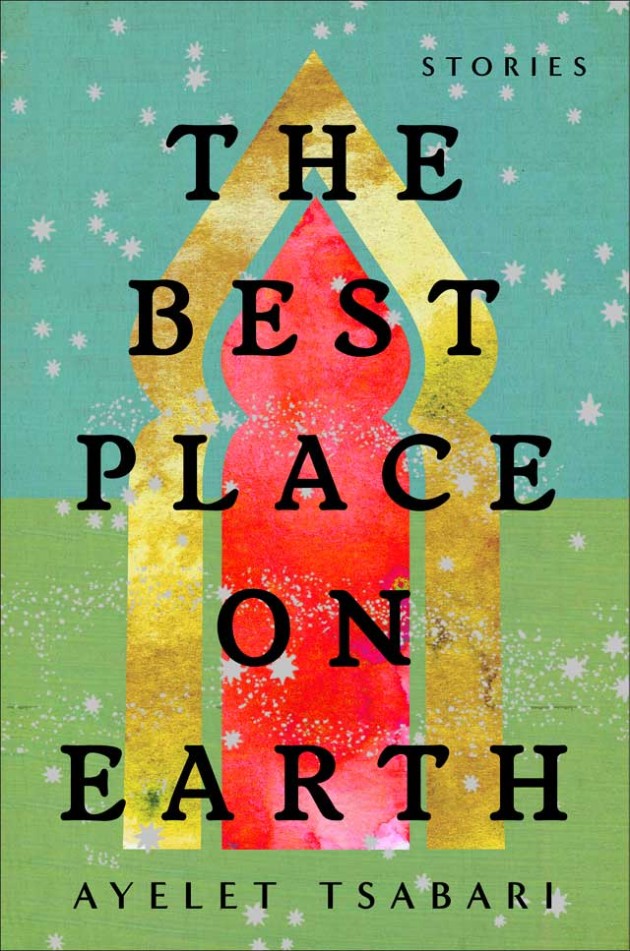
Why Does Ayelet Tsabari Hesitate Over the Term Arab-Jew?
 Ayelet Tsabari’s award-winning debut book, The Best Place on Earth (Random House 2016), is an illuminating collection of stories about the lives of marginalized members of Israeli society. The stories are mostly about the lives of Mizrahi Jews, many of them descendants of Jews who came from Yemen, Tsabari’s country of origin. In a review, Publisher’s Weekly notes that “Whereas David Grossman and Amoz Oz have been adept at writing about a narrow segment of Israeli society, Tsabari’s first collection is rich with many stories from across all of Israel—and beyond.”
Ayelet Tsabari’s award-winning debut book, The Best Place on Earth (Random House 2016), is an illuminating collection of stories about the lives of marginalized members of Israeli society. The stories are mostly about the lives of Mizrahi Jews, many of them descendants of Jews who came from Yemen, Tsabari’s country of origin. In a review, Publisher’s Weekly notes that “Whereas David Grossman and Amoz Oz have been adept at writing about a narrow segment of Israeli society, Tsabari’s first collection is rich with many stories from across all of Israel—and beyond.”
In “The Poets in the Kitchen Window,” a high school boy is passionate about poetry, but without a role model, it doesn’t occur to him to take this interest seriously until his sister gives him a book of poetry by an Iraqi Jew. In “Brit Milah,” a grandmother travels from Israel to Canada to visit her daughter, who has recently married a Canadian and has just given birth to a boy. When she finds her daughter chose not to circumcise her grandson, she is filled with rage, betrayed beyond speech, and is forced to grapple between the abandonment she feels and her love for both her daughter and her new grandson.
The story “Invisible” features Rosalynn, a caretaker from the Philippines, who develops a romantic relationship with her younger Israeli neighbor. The relationship provides each of them solace at the same time that it’s disorienting, and it ends before it fully starts.
The Best Place on Earth, which won the Sami Rohr prize in 2015, deals with the human capability to overcome social conditioning and the ways in which we nevertheless often fail at this.
Born in Israel, Tsabari moved to Canada in her twenties and lives in Toronto with her husband and daughter. (The collection was originally published by HarperCollins, Canada in 2013.) Lilith spoke with Tsabari about her book’s recent release in the U.S., Mizrahi identity, and writing this novel in her second language.



